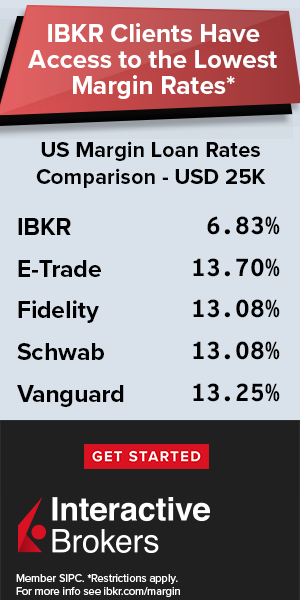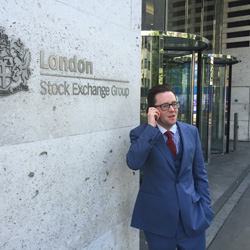I’ve sold my shares in Covent Garden owner, Capital and Counties (LSE:CAPC), at £1.743, after a 69% rise in just ten months. They were bought in the pit of the winter wave of Covid-19 in the belief that life would return to normal eventually in central London, tourists would return and offices would fill up again. They were also bought because the pessimism of Mr Market had shoved the shares down to less than half their net current asset value.
“Fear is the foe the faddist; but the friend of the fundamentalist” (Warren Buffett)
Now that Mr Market is breathing a sigh of relief that Armageddon did not occur Capco’s shares have risen in anticipation of a bright future. I have other bargains to buy so, even though I might be leaving some money on the table for the next guy, I’ll move on to invest in companies selling for half price these days.
(Earlier Newsletters on Capital and Counties: 9th – 13th November 2020)
A recap on why I bought in the first place
I paid 103.2p for shares in the owner of 81 buildings in and around Covent Garden after the accounts to June had declared a net asset value per share of 241p – and these were drawn up after knocking 17% off the value of the 1.2m sq ft of lettable space the company owns in London’s West End.
Applying conservative safety margin principles I ended up adjusting downwards the value per share a long way from 241p, but still comfortably above the price I paid. Market capitalisation was 855m shares x 103p = £881m.
The share price history shows that CapCo had been thoroughly rejected by Mr Market. It was 470p in 2015. After the Brexit vote it dropped to £3 due to fears over the vitally of London. Then the lacklustre London commercial property market, particularly retail, as well as Capco’s loss of half the money it put into Earl’s Court, pushed it down to £2.50. Then Covid-19.
Net Current Asset Value, NCV
Benjamin Graham advised that we calculate NCAV by totalling a company’s current assets then deducting all the liabilities. We then subtract one-third of inventories and one-fifth of receivables. At the same time, we consider the vital qualitative elements of (1) business prospects, (2) managerial ability/integrity, and (3) business stability
It is my belief that this approach suits most companies, but there are some that, because of the way their balance sheets are designed, allocate the vast majority of the core tradeable assets, especially property assets – their stock-in-trade if you will – to the non-current part of the balance sheet.
In these cases, and where the assets have market values that can be estimated with a reasonable degree of accuracy, I believe we can add them to the conventional NCAV. This is what I did for Capco.
Net Current Asset Value
| £m | June 2020 | December 2019 | December 2018 | |||
| Receivables (current) | 160 | 139 | 38 | |||
| Cash | 295 | 153 | 33 | |||
| CURRENT ASSETS | 455 | 292 | 71 | |||
| Deduct all liabilities | -1075 | -622 | -681 | |||
| Deduct one-fifth receivables | -32 | -28 | -8 | |||
| Conventional NCAV | -652 | -358 | -618 | |||
| Add property (investment, development & trading) | 2122 | 2546 | 3336 | |||
| Add financial assets (shares in Shaftesbury) | 340 | 0 | 0 | |||
| Add 80% of long-term receivables | 133 | 199 | 179 | |||
| NCAV plus long-term marketable assets | 1,943 | 2,387 | 2,897 |
On a per share basis, the figure for “NCAV plus long-term marketable assets” was £2.27 in June 2020.
Property (investment, development & trading)
While there is always some degree of speculation concerning the valuation of development properties, and therefore cause for scepticism at a time of falling rents and property values, this need not worry us too much because most of the Covent Garden estate is already developed and in a steady state.
After a 17% decrease in the valuation over the first six months of 2020 Covent Garden was valued in the 30th June accounts at £2,165 million. The main contributors to the devaluations are:
- A 12 per cent (like-for-like) decline in Estimated Rental Value to £95.5 million
- Valuers reckon the yield investors in West End Commercial property demand went up by 0.17% to 3.82% in 2020.
- Valuers assume that rent will be lost in the near term due to retailers, restauranteurs, etc., not paying, amounting to £31m
The valuers made educated guesses about income flow from the properties and a……………To read more subscribe to my premium newsletter Deep Value Shares – click here http://newsletters.advfn.com/deepvalueshares/subscribe-1


 Hot Features
Hot Features













